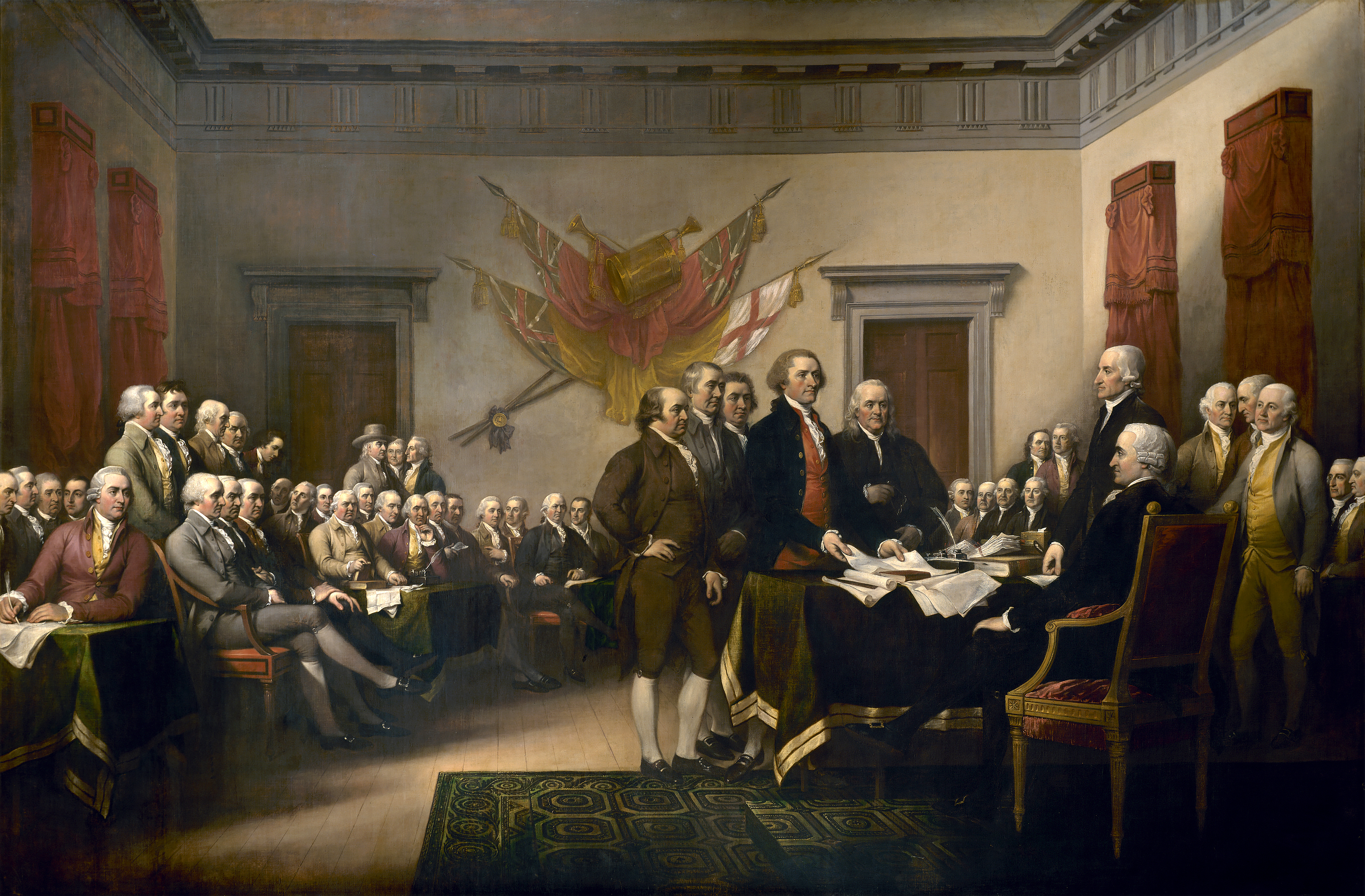Ancient Greek 101
- Introduction to Ancient Greek Culture
- Basics of Ancient Greek Language
- Ancient Greek Literature
- Basics of Ancient Greek Language II
- The Philosophers of Ancient Greece
- Intermediate Ancient Greek Language Practice
- The Birth of Democracy
- Intermediate Ancient Greek Language II
- Ancient Greek Mythology
- Advanced Ancient Greek Language
- Arts and Architecture in Ancient Greece
- Advanced Ancient Greek Language II
The Birth of Democracy
The Impact of Ancient Greek Democracy on the Modern World

Group of Americans who led the revolution against Great Britain.
The legacy of Ancient Greek democracy is profound and far-reaching. It has shaped the political landscape of the modern world and continues to influence contemporary political discourse.
Influence on the Founding Fathers of the United States
The Founding Fathers of the United States were greatly influenced by the political thought of Ancient Greece. They studied the works of Greek philosophers and historians, and their ideas about democracy, citizenship, and governance were deeply rooted in the Athenian model.
For instance, James Madison, known as the "Father of the Constitution," was heavily influenced by the works of Polybius, a Greek historian who wrote extensively about the Roman Republic. Madison's ideas about the separation of powers and the system of checks and balances, which are fundamental to the U.S. Constitution, can be traced back to Polybius' analysis of the Roman government.
Impact on Modern Political Ideologies
The political philosophies that emerged in Ancient Greece have had a profound impact on modern political ideologies. The concept of democracy itself, which originated in Athens, is now the dominant form of government around the world.
The idea of "isonomia," or equality under the law, which was central to Athenian democracy, is a fundamental principle of modern democratic societies. Similarly, the concept of "parrhesia," or free speech, which was highly valued in the Athenian assembly, is enshrined in the constitutions of many modern democracies.
Relevance in Contemporary Political Discourse
The political concepts of Ancient Greece continue to be relevant in contemporary political discourse. The idea of "kratos," or power, and "demos," or the people, which form the basis of the term "democracy," are still central to discussions about governance and political power.
Moreover, the debates that took place in the Athenian assembly about the nature of democracy, the role of citizens, and the balance between individual rights and collective responsibilities, are debates that continue to resonate in modern democratic societies.
In conclusion, the impact of Ancient Greek democracy on the modern world is profound and enduring. The principles and ideas that were developed in the city-state of Athens over two thousand years ago continue to shape the political landscape of the modern world and inform our understanding of democracy, citizenship, and governance.